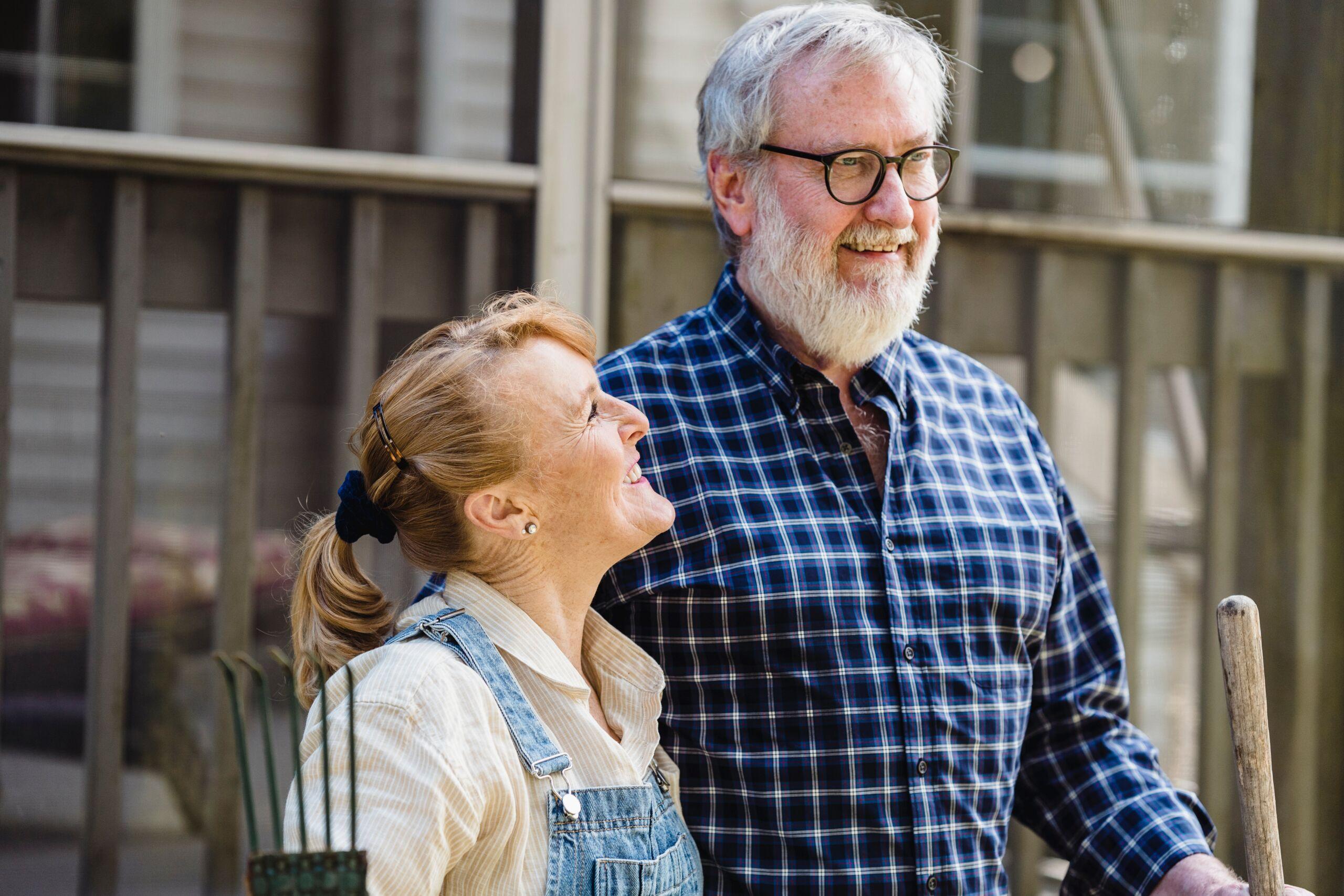Understanding Reverse Mortgages and How They Work
A reverse mortgage is a unique home equity loan sold to homeowners aged 62 and older. Today, most reverse mortgages are Home Equity Conversion Mortgages (HECMs) and are federally insured.
- The loan allows homeowners to access a portion of their home equity in terms that best fit their individual needs.
- Full or partial lump sum
- Line of credit
- Monthly payments
- Combination of any of these
- Interest is added to the loan balance each month, and the loan balance grows.
- The loan must be repaid when the last borrower sells the home, moves out of the home, or passes away.
Qualifying for a Reverse Mortgage
As a federally insured loan, you must meet certain eligibility requirements to qualify for a reverse mortgage.
Reverse Mortgage Responsibilities and Considerations
As with any loan, there are terms that you need to consider before committing to a reverse mortgage.
- The borrower is required to live in the home as a primary residence
- The homeowner is still responsible for home property taxes, insurance, utilities, and maintenance
- Interest is not tax deductible until the loan is paid off
- Reverse mortgages do not affect one’s Medicare or Social Security benefits but can potentially impact Medicaid eligibility
- When the borrower sells their home, moves out, or passes away, the estate owner must usually repay the loan by selling it.
Curious if you qualify? Use our FREE Reverse Mortgage Qualifier tool.
Reverse Mortgage Process
A reverse mortgage application process generally takes about 30-45 days. Hunter Lending is committed to guiding you every step of the way and answering any questions you may have.

Colorado Reverse Mortgage Market Today
There has never been a better time to look into a Colorado reverse mortgage. Colorado home values have increased dramatically in the last few years. That translates to more equity in your home. A Colorado reverse mortgage rate is an attractive solution with increased equity combined with low-interest rates.



